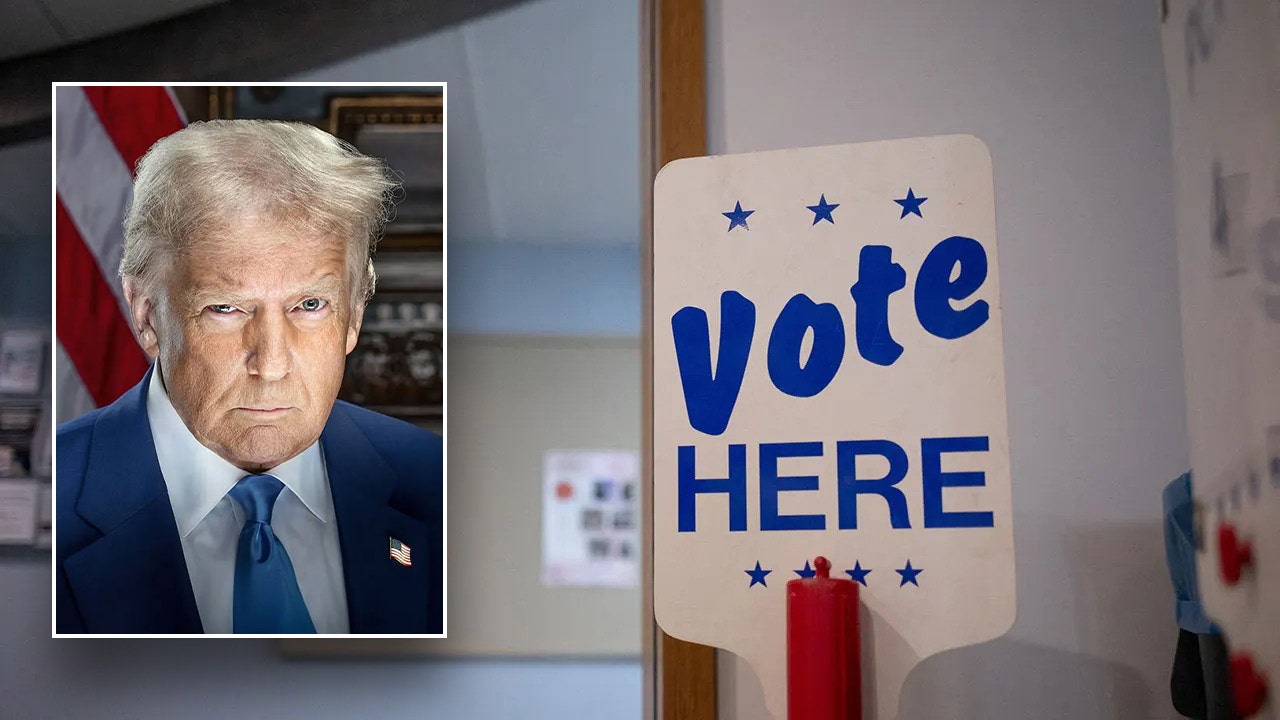Judge blocks Trump order requiring proof of citizenship to register to vote

A recent ruling by a federal judge in Washington, D.C., has blocked a portion of President Donald Trump’s executive order on election integrity. Specifically, the judge, Colleen Kollar-Kotelly of the U.S. District Court for the District of Columbia, blocked provisions that required documentary proof of citizenship before individuals could register to vote. The ruling came in response to lawsuits filed by three different groups challenging various provisions in the March 25 executive order.
While the judge dismissed requests to block three provisions, she granted requests to block two provisions related to proof of citizenship requirements for voters. The blocked provisions aimed to amend national voter registration forms to include a citizenship requirement and to have federal agencies assess an individual’s citizenship status before offering voter registration to those on public assistance.
Kollar-Kotelly emphasized the importance of Congress and states, rather than the President, regulating federal elections. She noted that Congress is currently debating legislation that addresses many of the changes outlined in the executive order and that no statutory authority allows the President to bypass Congress’s deliberative process through an executive order.
The judge did not block other provisions challenged by the groups, citing them as premature challenges that would be better addressed at the state level. The ruling comes amid ongoing debates and legislative efforts regarding proof of citizenship requirements for voting in federal elections.
In a related development, the Republican-led House of Representatives recently passed a bill that would require proof of citizenship to vote in federal elections. The bill is awaiting Senate approval before it can be signed into law by the President.
Additionally, 25 states are considering some form of proof-of-citizenship legislation, with 15 state constitutions explicitly prohibiting non-citizen voting. The Voting Rights Lab is tracking such legislation to monitor developments across the country.
In a separate legal battle, federal judges in Maryland and New Hampshire also ruled against additional executive orders from the President related to ending diversity, equity, and inclusion programs in K-12 public schools. The rulings came in response to lawsuits filed by education groups arguing that tying federal funding to the elimination of DEI programs violates educators’ First Amendment rights.
As these legal battles unfold, it is clear that the debate over election integrity and educational policies continues to be a contentious issue. The outcome of these legal challenges will likely have far-reaching implications for voting rights and educational practices in the United States.




